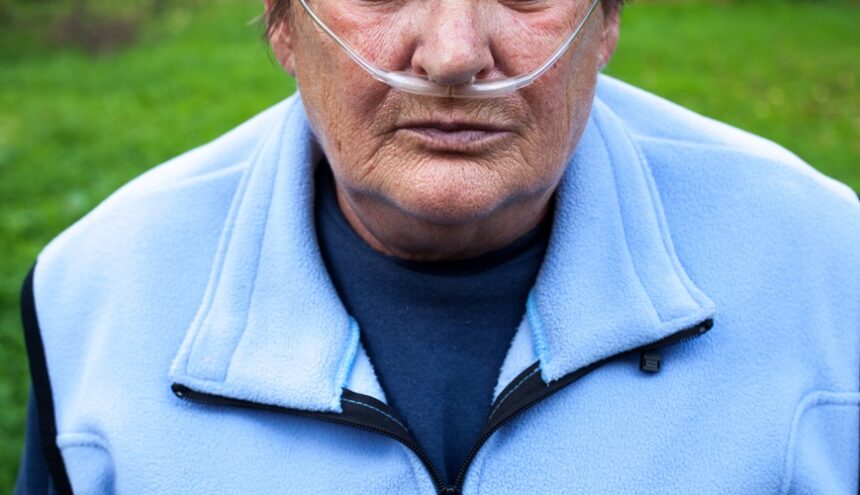There are many different illnesses and diseases that affect our bodies. One of the most debilitating is when our lungs are affected. From chronic obstructive pulmonary disease (COPD) to lung cancer, pneumonia, and other concerns, when our airways are impacted, each good breath becomes a gift.
COPD
November is COPD awareness month, serving to increase the spread of information about this debilitating disease. COPD obstructs airflow from the lungs and nine out of 10 cases of COPD can be directly connected to smoking, either firsthand or secondhand smoke. Air pollutants or chemicals in the air can also compromise lung function. Those who have not smoked or been exposed to pollutants can also get COPD, leaving genetics as another potential factor as its cause.
Symptoms of COPD include difficulty breathing, coughing, excess mucus, and wheezing. It often manifests itself gradually over four stages—mild, which means you don’t notice the lessened airflow at first, but then it progresses to moderate and becomes worse. It’s categorized as severe when shortness of breath and even less airflow become more noticeable. COPD is very severe when accompanied by poor quality of life, and flare-ups increase and are greater in intensity. By this stage, if not before, the person with COPD is dependent on oxygen. Don’t get used to your disease!
Lung Cancer
As the leading cause of cancer deaths worldwide, 90% of lung cancer cases are caused by smoking, but, similar to COPD, people who have never smoked can also develop lung cancer. Additionally, 40,000 Americans alive today have been diagnosed with lung cancer. Two out of three who have been diagnosed with lung cancer are 65 or older and the average age of diagnosis is 70.
The good news is there is hope for smokers—stopping smoking, even when they’ve smoked for years, decreases their chance of getting lung cancer.
Symptoms that could indicate a concern with your lungs that should be checked out include a new, persistent cough, if you cough up blood or have difficulty catching your breath, hoarseness, chest pain, an unexplained weight loss, bone pain, or headaches.
Pneumonia
Pneumonia is an infection of the air sacs in one or both lungs. When inflamed, they may fill with pus or fluid and cause a phlegmy cough, fever and chills, and difficulty breathing. Pneumonia can vary from mild to severe and is caused by organisms, such as bacteria, viruses, or fungi.
Chest pain when coughing or breathing is often the main symptom in pneumonia, as well as fever, chills, and shortness of breath. However, adults older than 65 may exhibit confusion or have lower than normal body temperatures, rather than fevers.
Seek Medical Care
In these days of COVID-19, visible symptoms alone may be difficult to determine the cause of an illness involving the lungs—pay close attention to any changes in the overall condition, as well. If you or someone under your care have persistent symptoms in any of the areas as listed above or other symptoms that are concerning, make an appointment with your doctor for a thorough examination.
If it is after hours, contact our hospital’s main number at 320.634.4521 for assistance or to reach the Emergency Department. Remember to call 911 if the person has difficulty breathing.
By seeing a doctor when you are having symptoms, you can prevent long-term organ damage and explore treatment options to improve your breathing. Your healthcare provider may recommend pulmonary rehab for chronic lung disease. Learn more about pulmonary care and rehabilitation at Glacial Ridge.

